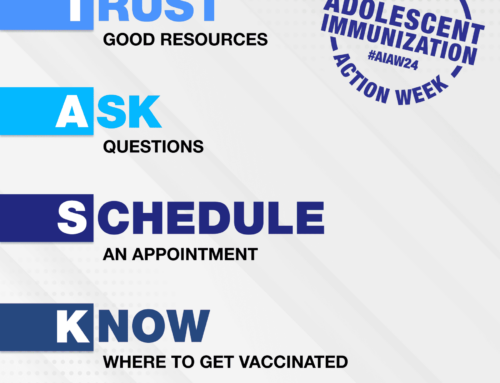Now that Learning Forward has released the new Standards for Professional Learning (www.standards.learningforward.org), you may be wondering how they relate to other recommendations and principles of professional learning, including The Elements of Curriculum-based Professional Learning (www.Carnegie.org/elements). As an individual who contributed to both documents, I offer a perspective on how to use them individually or in concert to advance the quality and impact of investments in professional learning.
First, let’s keep in mind that the scope of the Standards for Professional Learning is much broader than The Elements. The Standards are intended for use by a wide range of stakeholders, from classroom teachers to policymakers. They offer a framework for building and sustaining effective professional learning systems. The Elements are focused on building both the professional learning system and practices that ensure the successful implementation of high-quality instructional materials. There is overlap, and admittedly there may be some confusion, so let me present three scenarios of how they may work together.
Scenario 1: A school system uses the Standards for Professional Learning resources to determine its highest professional learning needs. Two issues surface: developing the capacity of its school leaders and coaches to support teacher growth and supporting effective implementation of its new literacy curriculum. A leadership development task force is convened and it uses The Standards and resources to support the design and execution of a leadership academy for principals and coaches. A literacy task force is also convened, and it uses The Elements to guide its planning and the implementation of a professional learning plan for teachers.
Scenario 2: A school system is seeking help with the selection and implementation of better curriculum materials. It issues an RFP describing the external partnership it seeks. The RFP calls for respondents to address how their work is consistent with The Standards. The RFP also asks for specific examples of how the approach addresses each of The Elements for Curriculum-based Professional Learning. Finally, the RFP requires an evaluation strategy that addresses the execution of The Elements by the partner and ultimately the local professional developers, coaches, and teacher leaders.
Scenario 3: A school system has adopted a new math curricula. The curriculum developer has agreed to provide support for the launch year of the implementation and to prepare coaches and teacher leaders to support long-term, sustained implementation. The curriculum developer uses The Elements to negotiate the expectations, roles and responsibilities needed from system and school leaders for success. In return, it assumes the roles and responsibilities detailed for professional developers. Following a successful first-year launch and the development of the internal capacity to sustain the work, the district recognizes that other priorities would benefit from a more systemic evidence-based approach to professional learning. A task force is formed and begins its work by studying Learning Forward Standards for Professional Learning.
A fourth scenario, or my “ideal” scenario, includes educators turning to the Standards to establish high-quality learning systems and practices and digging deep into The Elements to design and execute curriculum anchored professional learning. Fortunately, both Learning Forward and Carnegie Corporation of New York recognize the value of tools and resources to support the vision for successful implementation. Learning Forward released a new website with incredible resources for digging into the new standards as well as supporting long-term implementation. The Carnegie Corporation, through an investment with the Learning First Alliance, will be contributing new tools and resources at https://www.curriculumpd.org/ to support those most responsible for curriculum-based professional learning.
The bottom line of both of these important documents is to eliminate excuses for ineffective professional development and support all educators in their quest to achieve equity and excellence for their students.
Written by Stephanie Hirsh, managing director of Hirsh Holdings LLC and former executive director of Learning Forward.





